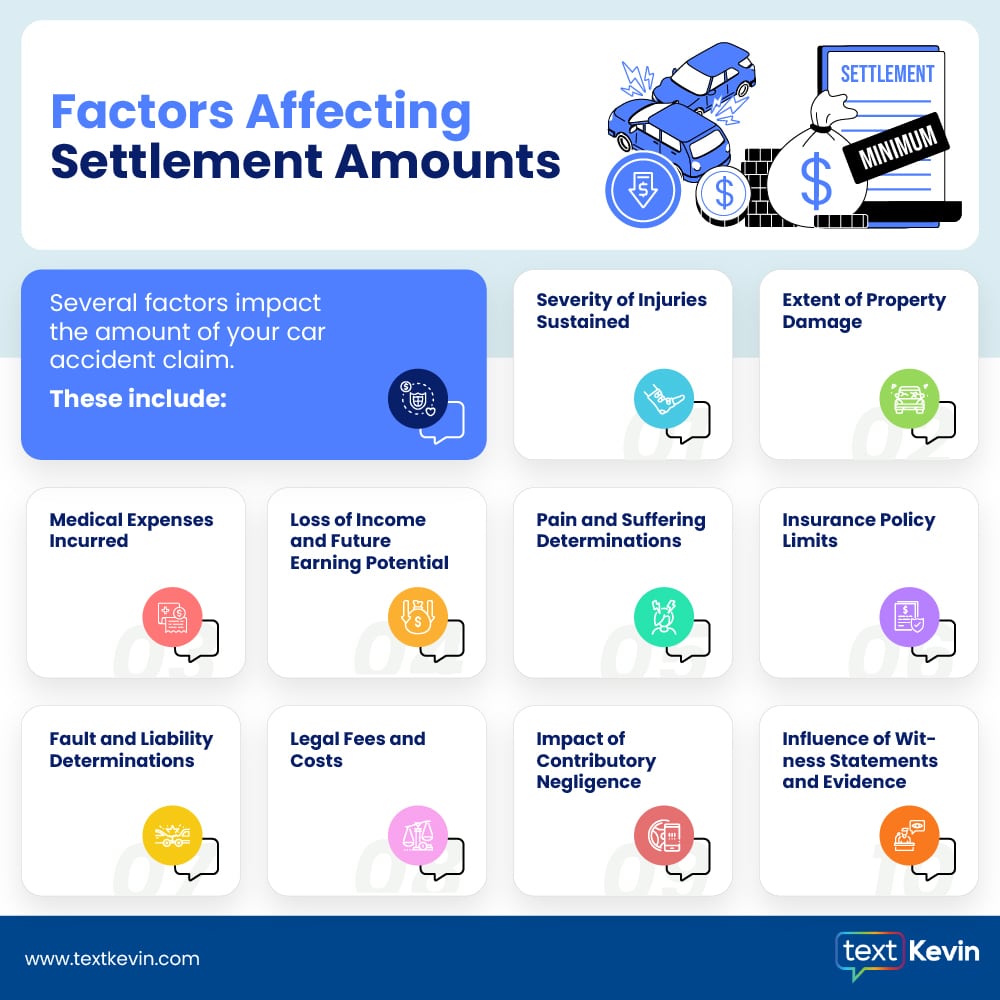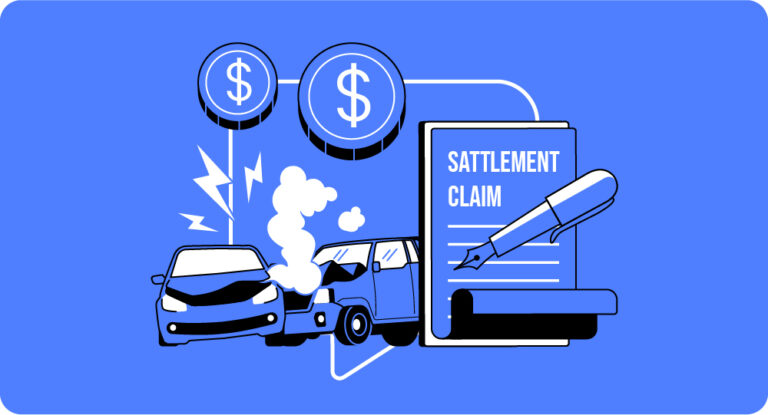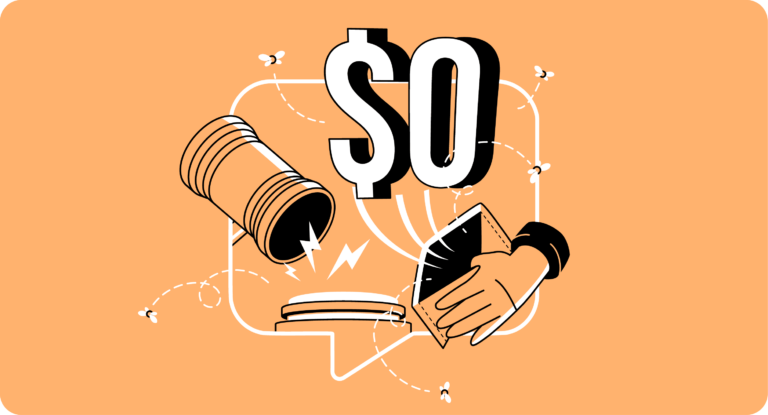Car accidents can have a significant impact on your life—physically, emotionally, and financially. If you’ve been in a car accident in California, it’s crucial to understand the settlement process to ensure you receive fair compensation for your injuries and damages.
This comprehensive guide will walk you through everything you need to know about car accident settlements in California, from understanding the factors that influence settlement amounts to practical tips for handling your claim.
Average Motor Vehicle Accident Settlement Numbers
| Statistic | Value |
|---|---|
| Average Settlement (2020) | $20,000 – $25,000 |
| Average Injury Settlement | $20,235 |
| Average Property Damage Settlement | $4,711 |
| Typical Settlement Range | Less than $10,000 |
| Cases Settled Out of Court | 98% |
| Average Time to Receive Settlement | 10.7 months |
| Claims Resolved Within Six Months | More than 50% |
| Average Settlement for Severe Injuries | $29,700 |
| Average Settlement for Non-Injuries | $16,700 |
Understanding Car Accident Settlements in California
Car accident settlements in California can vary widely depending on numerous factors. It’s important to understand the basics to know what to expect if you’re involved in an accident.
Importance of Knowing Settlement Amounts
Understanding the typical amounts for car accident settlements can give you a clearer picture of what you might receive. This knowledge can be crucial for financial planning and ensuring that you are not shortchanged.
It also helps in setting realistic expectations and preparing for any negotiations with insurance companies.
Overview of the Settlement Process in California
Understanding the settlement process for car accidents in California is essential for anyone involved in an accident. This process involves several steps, each critical in determining the final compensation you might receive.
Here’s a detailed look at the stages you’ll go through, from filing a claim to receiving your settlement.
- Filing a Claim
- Investigation and Evidence Gathering
- Evaluation of Damages
- Negotiation with Insurance Adjusters
- Settlement Agreement
- Receiving the Settlement
- Post-Settlement Procedures
Understanding each of these steps can help you navigate the settlement process more effectively.
Being informed and prepared at each stage can increase your chances of receiving fair compensation for your injuries and damages.
Factors Influencing Car Accident Settlement Amounts
Several factors can significantly influence the amount you receive in a car accident settlement in California. Understanding these factors can help you estimate the potential settlement and prepare for negotiations.
Severity of Injuries
The severity of your injuries is one of the most critical factors in determining the settlement amount.
More severe injuries generally lead to higher medical expenses and a longer recovery time, which can increase the settlement amount. Injuries that cause permanent disability or long-term health issues will significantly boost the compensation you might receive.
For example, a broken leg that heals quickly might result in a smaller settlement compared to a spinal injury requiring ongoing treatment.
Medical Expenses
Medical expenses include hospital bills, doctor visits, physical therapy, and any other treatment costs. Keeping detailed records of all medical expenses is crucial because they directly impact the settlement amount.
The more comprehensive your documentation, the stronger your case for higher compensation. This includes everything from initial emergency care to long-term rehabilitation costs.
Property Damage
The extent of property damage to your vehicle and any personal belongings is another key factor. The cost of repairs or replacement of your car will be included in the settlement.
Photos of the damage and repair estimates are essential evidence to support your claim. For instance, if your car is totaled, the settlement will cover the market value of the vehicle.
Lost Wages and Future Earnings
If your injuries cause you to miss work, you can claim compensation for lost wages. Additionally, if the accident affects your ability to earn in the future, you may be entitled to future lost earnings.
Documenting your income and how the injury impacts your job is vital for this claim. For example, a construction worker who can no longer lift heavy objects might receive compensation for reduced earning capacity.
Pain and Suffering
Pain and suffering refer to the physical and emotional distress caused by the accident. Calculating pain and suffering is more subjective, but it significantly influences the settlement amount.
Factors like the severity of the injury, the impact on your daily life, and the duration of recovery are considered.
An injury that leads to chronic pain or mental health issues, like anxiety, can increase this part of the settlement.
Liability and Fault
Determining who is at fault in the accident is crucial. If the other party is entirely at fault, your settlement amount may be higher.
However, if you share some blame, your compensation might be reduced based on your percentage of fault. For example, if you are found to be 30% at fault, your settlement could be reduced by 30%.
Insurance Policy Limits
The at-fault driver’s insurance policy limits can cap the settlement amount. If their policy has a low maximum payout, it may limit your compensation, even if your damages exceed that amount.
In such cases, seeking additional compensation through other means may be necessary. This might involve pursuing the at-fault driver personally if the insurance coverage is insufficient.
Comparative Negligence
California follows a comparative negligence system, meaning your compensation can be reduced if you are partially at fault. For example, if you are found 20% at fault, your settlement will be reduced by 20%.
This system ensures that each party is compensated fairly according to their level of responsibility in the accident.
Legal Representation
Having a skilled attorney can significantly impact the settlement amount.
An attorney can negotiate effectively, gather necessary evidence, and ensure that all legal aspects are handled properly. Their skills often lead to better settlement outcomes.
Jurisdiction and Local Laws
The jurisdiction where the accident occurred and the specific local laws can also influence the settlement amount. Different regions in California may have varying approaches to handling car accident claims, which can affect the final settlement. Local courts might have precedents that could either increase or decrease your settlement amount.

Types of Damages in Car Accident Settlements
Understanding the types of damages you can claim in a car accident settlement is essential for knowing what to expect. Damages are the compensation you receive for the losses and injuries suffered in the accident. This section covers the different categories of damages you might be entitled to, including economic, non-economic, and punitive damages.
Economic Damages
Economic damages are the tangible financial losses you incur as a result of a car accident. These damages are easier to quantify and directly impact your out-of-pocket expenses.
Understanding the components of economic damages can help you compile a comprehensive claim to ensure you are adequately compensated.
- Medical Bills
- Rehabilitation Costs
- Property Damage
- Lost Wages
Economic damages are a critical part of your settlement as they cover the immediate financial impact of the accident. Documenting these costs thoroughly ensures you receive the full compensation you are entitled to.
Non-Economic Damages
Non-economic damages compensate for the intangible losses that arise from a car accident. These damages address the emotional and psychological impact, which can be just as significant as physical injuries.
Knowing what non-economic damages entail can help you understand the broader scope of your compensation.
- Pain and Suffering
- Emotional Distress
- Loss of Consortium
Non-economic damages are more subjective but essential for a comprehensive settlement. They acknowledge the broader impact of the accident on your life and well-being.
Calculating Car Accident Settlement Amounts
Calculating the amount of a car accident settlement in California involves several key factors and methods. Understanding how these calculations are made can help you set realistic expectations and prepare effectively for negotiations.
Methods of Calculation
The methods used to calculate car accident settlements often involve both economic and non-economic damages.
Economic damages are straightforward, as they include tangible costs like medical bills, property damage, and lost wages.
Non-economic damages, however, are more subjective and include pain and suffering, emotional distress, and loss of consortium.
Calculators and formulas can help estimate these amounts, but the final figure often depends on the specifics of each case.
Role of Insurance Companies
Insurance companies play a significant role in determining settlement amounts. They use their own formulas and precedents to assess claims.
Their goal is often to minimize payouts, which is why understanding their methods and being prepared to negotiate is essential.
Insurance adjusters review medical reports, accident details, and any supporting evidence to make an initial settlement offer. This offer can often be lower than what you might be entitled to, which is why legal representation can be beneficial.
Use of Settlement Calculators
Settlement calculators are tools that can provide an estimate of what your claim might be worth. These calculators take into account various factors such as the severity of injuries, medical expenses, lost wages, and pain and suffering.
While they can offer a rough estimate, they are not definitive. Each case is unique, and a calculator cannot account for every nuance of your situation.
Importance of Documentation
Thorough documentation is crucial in supporting your claim and ensuring you receive fair compensation. This includes medical records, receipts for expenses, repair estimates for property damage, and detailed accounts of how the accident has affected your daily life.
The more comprehensive your documentation, the stronger your case will be when negotiating with insurance companies or in court.
Estimating Future Costs
In many cases, the impact of a car accident extends beyond immediate expenses.
Estimating future costs, such as ongoing medical treatment, rehabilitation, and potential loss of future earnings, is essential for a fair settlement. These future costs should be included in the initial claim to avoid financial strain down the line.
Negotiation Strategies
Effective negotiation strategies can significantly influence the final settlement amount.
Understanding the value of your claim, being prepared with all necessary documentation, and knowing when to push back on low offers are key strategies.
Having legal representation can enhance your negotiating power and help secure a more favorable settlement.
Impact of Legal Fees
Legal fees can affect the overall amount you receive from a settlement. It’s important to understand how these fees are calculated and what percentage of your settlement they will constitute.
Many attorneys work on a contingency fee basis, meaning they only get paid if you win your case. Knowing these details can help you plan financially.
Settlement vs. Court Verdicts
Deciding whether to settle out of court or proceed to trial is a significant decision.
Settling out of court can save time and reduce stress, but it might result in a lower compensation amount.
Going to court can potentially yield a higher settlement but comes with the risk of losing and additional legal costs. Weighing the pros and cons of each option is crucial.
Get Help from a Car Accident Attorney
If you need assistance, contact Crockett Law Group. Our team is here to help you secure the compensation you deserve.
Call us at (800) 900-9393 to speak with a dedicated car accident attorney today.










